Coronavirus and mental health
Struggling with your mental health during the ongoing impact of coronavirus? Bupa’s experts have created lots of helpful information and advice about how to support yourself or a loved one.
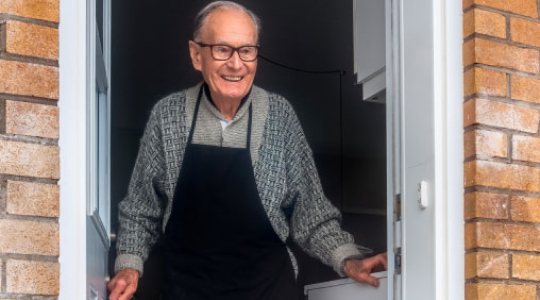
Looking after your mental health during coronavirus
The COVID-19 pandemic was a sudden shock, and lockdown, self-isolation and shielding have been challenging for a lot of people. And while we’re all in it together, we all have different ways of coping – or not coping.
If you’re looking for help for yourself or wondering how to support a loved one struggling with their mental health, we can help. This page has lots of information and practical advice from our experts, designed to help you as well as those you care about. We also point out where to find additional support.
Is it normal to be anxious about COVID-19?
One of our Bupa experts talks about what anxiety feels like. Meera Phull offers helpful information and advice about how to look for and enjoy the positives, plus how to cope with any feelings of anxiety. Accepting and adapting are key aspects of looking after your mental health during coronavirus.
10 tips on being kind to yourself
We often find it easier to be kind to others than to do it for ourselves. But it’s important to focus on looking after your mental health during coronavirus. In this video, one of our Bupa GPs offers tips for improving your mental wellbeing, including practising gratitude, daily reflection, and investing time in your interests.
Podcast: How to make home working work for you – and your household
In our 18-minute podcast, a Bupa panel offers helpful tips for working from home in a way that protects your mental health. We look at work/life balance, digital detox, how technology can help us, and improving our sleep.
Our tips on looking after your mental health during coronavirus
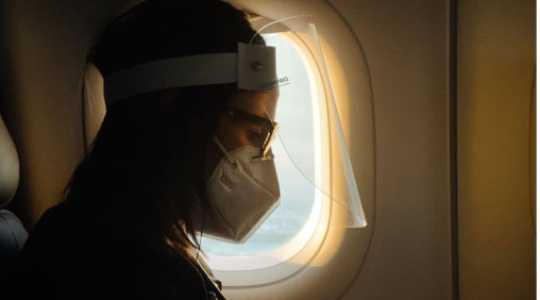
How to manage any post-lockdown anxiety
It feels good to be taking steps back to what feels a bit more normal. However, it can be a challenge to balance our new-found sense of freedom with anxiety about staying safe. One of our specialist advisors offers tips for looking after your mental health during coronavirus.
Supporting children and their mental health during the pandemic
In this video, some of Bupa’s GPs offer advice and tips on looking after the mental health of a child. These include finding the right way to communicate, explaining things clearly and honestly, and watching for signs of them struggling with their mental health.
00:02 [Music]
00:07 communicate regularly with your child so
00:10 that you can monitor their mental health
00:12 and discuss with them any support that
00:14 they might find helpful children who
00:17 find it difficult to talk may find it
00:19 easier to speak on the phone or to text
00:21 or to write a letter remember to look
00:24 away any medication particularly if you
00:27 have any concerns that your child is a
00:29 risk to themselves
00:34 try involving your child in planning a
00:37 daily routine this should give some
00:40 structures of the day and also allow
00:42 them to know what is expected of them
00:44 don't feel that you have to recreate the
00:47 school environment though there may be
00:49 times at home when you don't want to be
00:52 disturbed because you have work
00:53 commitments discussing this in advance
00:56 with your child so that they understand
00:58 when and why these situations may occur
01:02 may make it a bit easier all-round
01:05 regular exercise and time outdoors is a
01:07 great stress buster for adults and
01:10 children alike
01:11 [Music]
01:13 they may become withdrawn or you may
01:16 notice a change in their behavior
01:17 perhaps becoming more clingy or more
01:20 naughty than usual poor sleep and
01:23 bed-wetting can sometimes occur along
01:25 with physical symptoms such as headache
01:27 or tummy ache
01:29 [Music]
01:31 being open and honest with them about
01:34 why we have to stay indoors why
01:36 sometimes people might be wearing masks
01:38 and gloves will help remove some
01:40 misunderstandings which can cause more
01:42 anxiety time monitor what children are
01:46 reading on the news and social media and
01:49 also try and give your children a little
01:51 bit of a feeling of control them how
01:53 they would like to be supported when
01:55 they are feeling anxious during this
01:57 time one example is a self-soothe box
02:02 where the child will fill a container
02:04 for things that will comfort them when
02:06 their districts included include things
02:09 that are distracting like colouring books
02:11 jigsaws or a comforting toy for an older
02:16 child again keeping a diary is very good
02:19 it can they can write down when they're
02:21 feeling anxious what they were doing at
02:23 the time and then the family can use
02:25 this to identify patterns and triggers
02:27 to help manage situations when they
02:29 occur some children find sensations can
02:35 can help so for example holding an ice
02:38 cube when they're feeling anxious when
02:40 they've got anxious thoughts and wishes
02:42 feelings and it focuses a mind on the
02:44 coldness rather than on the thought
02:46 that's distressing them
02:48 [Music]
02:51 acknowledging that we're all in this
02:53 together and ensuring that we do take
02:55 the time to communicate with friends and
02:57 family reminding ourselves why we're
03:00 doing this also remembering some of the
03:02 positive things that have been happening
03:03 may be helpful finally looking towards 03:06 the future and making plans for what we
03:09 will do once this time is over to give
03:12 all of us a good sense of purpose
03:18 [Music]
03:28 you
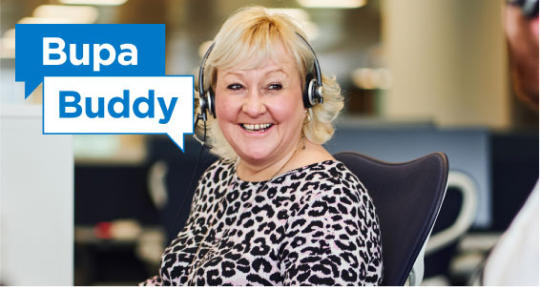
Talk to a Bupa Buddy
If you or someone you know is feeling lonely, Bupa Buddy is here for a chat. We understand that it can be tough to self-isolate or shield because of COVID-19. So why not make yourself a cup of tea and give us a call? You don’t even have to be a Bupa customer.
Find Bupa-recognised mental health professionals near you
Our Finder tool lets you browse the directory of Bupa-recognised consultants, psychologists, therapists, counsellors and other professionals.
You don’t need to be a Bupa health insurance customer to see them, just make your own appointment and pay independently.
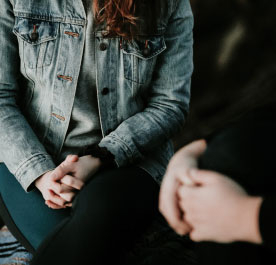
Support for your mental health during coronavirus from Bupa’s experts
Our wellbeing platform, Healthy Me, is where you’ll find a wide range of help in coping with COVID-19.
If you’re in a crisis or just need some help, don’t hesitate. Here are some really helpful organisations that you can turn to for support.
-
Samaritans
-
Mind
-
YoungMinds
-
Mental Health Foundation
-
Rethink Mental Illness
Samaritans
When life is difficult, Samaritans are here – day or night, 365 days a year. Whoever you are and whatever you’re facing, they won’t judge you or tell you what to do. They’re there to listen so you don’t have to face it alone.
Call free day or night on
116 123 (UK and ROI)
Mind
Mind is a charity dedicated to mental health. They exist to make sure no one has to face a mental health problem alone. They’ll listen to you and offer support and advice.
0300 123 3393
Lines open 9am to 6pm, Monday to Friday, except for bank holidays
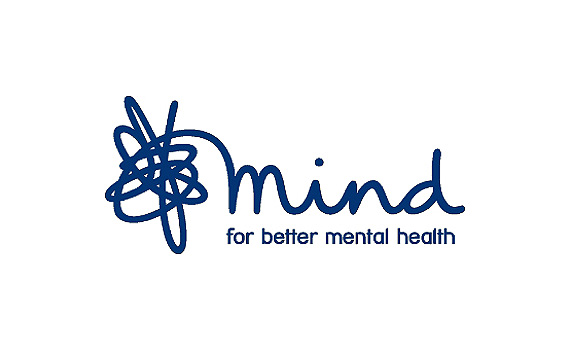
Young Minds
YoungMinds is the UK’s leading charity for children’s and young people's mental health. You can text Crisis Messenger for free 24/7 and get support from trained volunteers who are supervised by experienced clinicians. Texts are free from most major mobile networks.
For urgent help, text YM to 85258
Mental Health Foundation
This charity helps people understand, protect and sustain their mental health. The ‘Your mental health’ section has lots of useful content, including podcasts about mindfulness and overcoming anxiety.
Rethink Mental Illness
Rethink offers crisis and recovery services, advocacy, online resources, support groups and much more. Each year, they help tens of thousands of people manage their mental wellbeing.
0300 5000 927
Lines open 10am to 2pm Monday to Friday
Mental health support as part of Bupa health insurance
I’m already a Bupa health insurance customer
If mental health is included in your Bupa health insurance, we may be able to refer you to a consultant or therapist, and you may not even have to see your GP first†. Or we can put you through to one of our mental health nurses.
03456 090 111^
^Calls may be recorded and to maintain the quality of our service we may monitor some of our calls, always respecting the confidentiality of the call.
I’m not a Bupa customer, but I’d like to find out more about health insurance
If you’re looking for mental health support as part of a broader health insurance policy, we can look after you, your family, or your business.
†Direct Access telephone services are available as long as the symptoms are covered under the policy. If your cover excludes conditions you had before your policy started, we’ll ask you to provide evidence from your GP that your symptoms are not pre-existing for a period of up to two years from policy start date (or up to five years in the case of mental health). We can then refer you to a consultant or therapist through the Direct Access service. Always call us first to check your eligibility.
Bupa health insurance is provided by Bupa Insurance Limited. Registered in England and Wales No. 3956433. Bupa Insurance Limited is authorised by the Prudential Regulation Authority and regulated by the Financial Conduct Authority and the Prudential Regulation Authority. Arranged and administered by Bupa Insurance Services Limited, which is authorised by the Financial Conduct Authority. Registered in England and Wales No. 3829851. Registered office: 1 Angel Court, London EC2R 7HZ.



